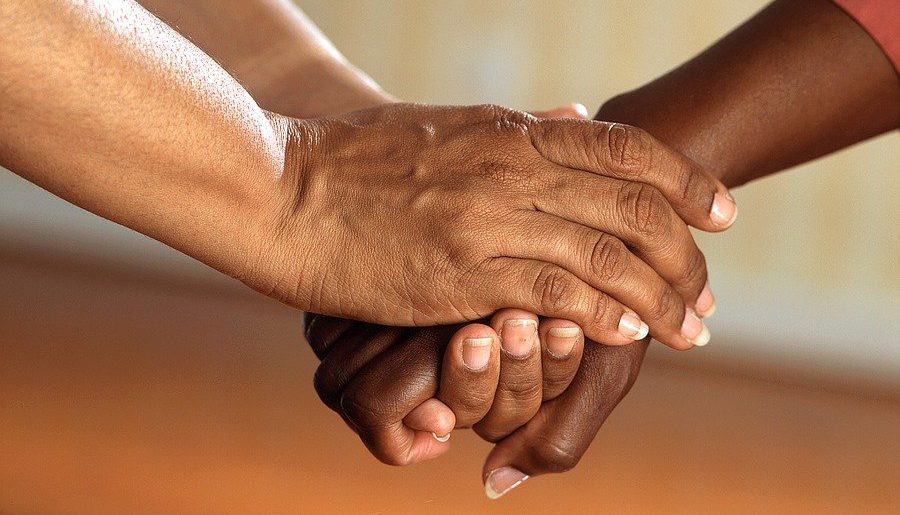Whenever I ask myself, “What is worth doing today,” one idea that always ends up high on my list is, “Add value.”
The concept of adding value is simply this: each day, leave the world a better place than you found it. Adding value feels good, even if you never receive credit – especially if you never receive credit. Adding value is the point, not recognition.
Every morning when I walk to my office from the parking garage I take the long route, which is more than half a mile. I always notice cigarette butts and, nowadays, discarded surgical masks along the street. Recently, despite COVID-19, I’ve started to pick up the trash and discard it in the receptacles that the City of Los Angeles has thoughtfully placed along Ventura Boulevard. I like to walk on a street that is free of debris.
I also add value in my business by dealing immediately with emails (at least that’s my goal). I aim to look at an email once, answer it, delete it, or forward it to someone who can answer it for me or who might find it helpful. One silver lining from COVID-19 is that I receive fewer emails. Right now there are fewer than fifteen from the past month that I still need to answer.
As we continue to live through the pandemic, it often feels more difficult to help ourselves, let alone others. But it’s also more urgent. We are all facing these times of danger and uncertainty together, which is why our children, friends, and family need our support now more than ever, just as we need theirs. I sometimes joke that, “If it were easy I would do it myself.”
Of course, the first rule of adding value is to take care of yourself. If you are finding it difficult to function, do what you need to do for yourself, and don’t hesitate to ask others for help. You can’t take proper care of yourself, or anyone else, if you’re sitting in a corner staring at the walls. Reach out to someone you trust for support.
I hope that no matter how difficult these times might be that we will all continue to initiate kindness. A “thank you,” to acknowledge the generous act of a stranger, or offering someone a helping hand is inspiring. During the past three months I’ve received more than the usual number of gracious emails, and each one brightens my day.
Thank you for reading my blog. We can do this.
Add value.
Alan



